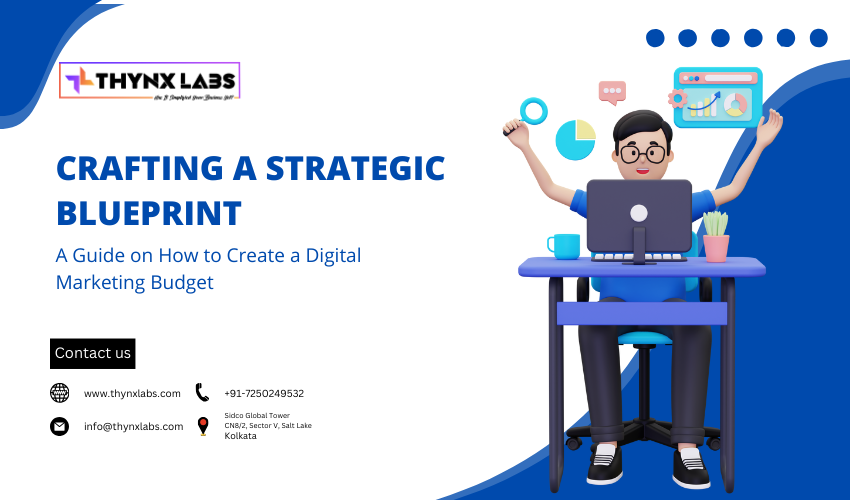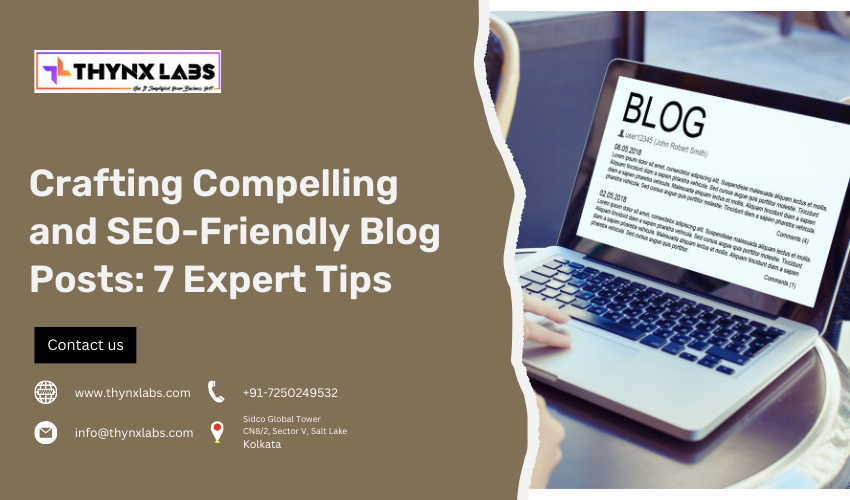How to Create a Digital Marketing Strategy
In today's fast-paced digital landscape, a well-crafted digital marketing strategy is essential for businesses aiming to thrive online. Whether you're a startup or an established corporation, a strategic approach to digital marketing can significantly enhance your online presence, engage your audience, and boost your bottom line. Here's a comprehensive guide on how to create an effective digital marketing strategy:
1. Define Your Goals and Objectives
Begin by setting clear and measurable goals. Determine what you want to achieve with your digital marketing efforts, whether it's increasing website traffic, generating leads, improving brand awareness, or boosting sales. Your goals will shape the rest of your strategy.
2. Know Your Target Audience
Understanding your audience is fundamental. Conduct market research to identify your target demographic, their preferences, behaviors, and pain points. This knowledge will enable you to tailor your marketing messages effectively.
3. Choose the Right Digital Channels
Not all digital platforms are suitable for every business. Based on your audience research, select the appropriate channels. This could include social media platforms (like Facebook, Instagram, Twitter, and LinkedIn), search engines (Google, Bing), email marketing, content marketing, and paid advertising.
4. Develop Engaging Content
Content is the heart of digital marketing. Create high-quality, valuable, and relevant content that resonates with your audience. This could include blog posts, videos, infographics, podcasts, and social media posts. Engaging content establishes your brand authority and keeps your audience coming back for more.
5. Optimize for Search Engines (SEO)
Search Engine Optimization (SEO) is crucial for improving your website's visibility in search engine results. Optimize your website and content for relevant keywords, create quality backlinks, and focus on providing an exceptional user experience. Regularly update your content to stay relevant in search rankings.
6. Embrace Social Media Marketing
Social media platforms are powerful tools for building brand awareness and engaging with your audience. Develop a consistent posting schedule, create visually appealing content, and interact with your followers. Social media marketing humanizes your brand and fosters a sense of community.
7. Implement Paid Advertising (PPC)
Pay-Per-Click (PPC) advertising allows you to reach a wider audience quickly. Platforms like Google Ads and social media ads enable you to target specific demographics. Set a budget, create compelling ad copy, and monitor your campaigns regularly to optimize for the best results.
8. Monitor, Analyze, and Adjust
Digital marketing is not a one-time effort; it requires constant monitoring and adjustment. Use analytics tools to track your website traffic, user behavior, and conversion rates. Analyze the data to understand what works and what doesn't. Adjust your strategy accordingly to maximize your ROI.
9. Mobile Optimization
With the prevalence of smartphones, ensure your website and digital content are mobile-friendly. Mobile optimization not only improves user experience but also boosts your search engine rankings, especially on Google.
10. Email Marketing
Email marketing remains one of the most effective ways to nurture leads and maintain customer relationships. Create targeted email campaigns, personalized for different segments of your audience. Provide value through newsletters, promotions, and exclusive offers to keep your subscribers engaged.
Conclusion
Creating a successful digital marketing strategy requires a combination of understanding your audience, leveraging the right channels, and consistently delivering valuable content. By defining your goals, staying adaptable, and embracing the latest digital marketing trends, you can build a robust online presence that drives results for your business.
Frequently Asked Questions (FAQs)
Q1: Is digital marketing suitable for small businesses?
Absolutely. Digital marketing offers cost-effective strategies that can be tailored to fit any budget. Small businesses can benefit significantly from online visibility and targeted marketing efforts.
Q2: How long does it take to see results from digital marketing?
The timeline for results varies based on factors such as the industry, competition, and the specific strategies employed. Some strategies, like PPC, can yield immediate results, while SEO and content marketing may take several months to show substantial results.
Q3: What role does social media play in digital marketing?
Social media platforms provide a direct channel for businesses to connect with their audience, build brand awareness, and drive website traffic. Social media marketing also facilitates engagement, allowing businesses to interact with customers in real-time.
Q4: Is it essential to hire a digital marketing agency, or can businesses handle it in-house?
Both options are viable, depending on the expertise available within the business. Some businesses opt for in-house teams, while others prefer digital marketing agencies for their specialized knowledge and experience. The choice depends on the business's goals, budget, and available resources.
Q5: How often should I update my digital marketing strategy?
Regular updates are essential to keep up with industry trends and changing consumer behaviors. It's advisable to review your digital marketing strategy at least annually and make adjustments based on your goals, performance data, and market changes.


